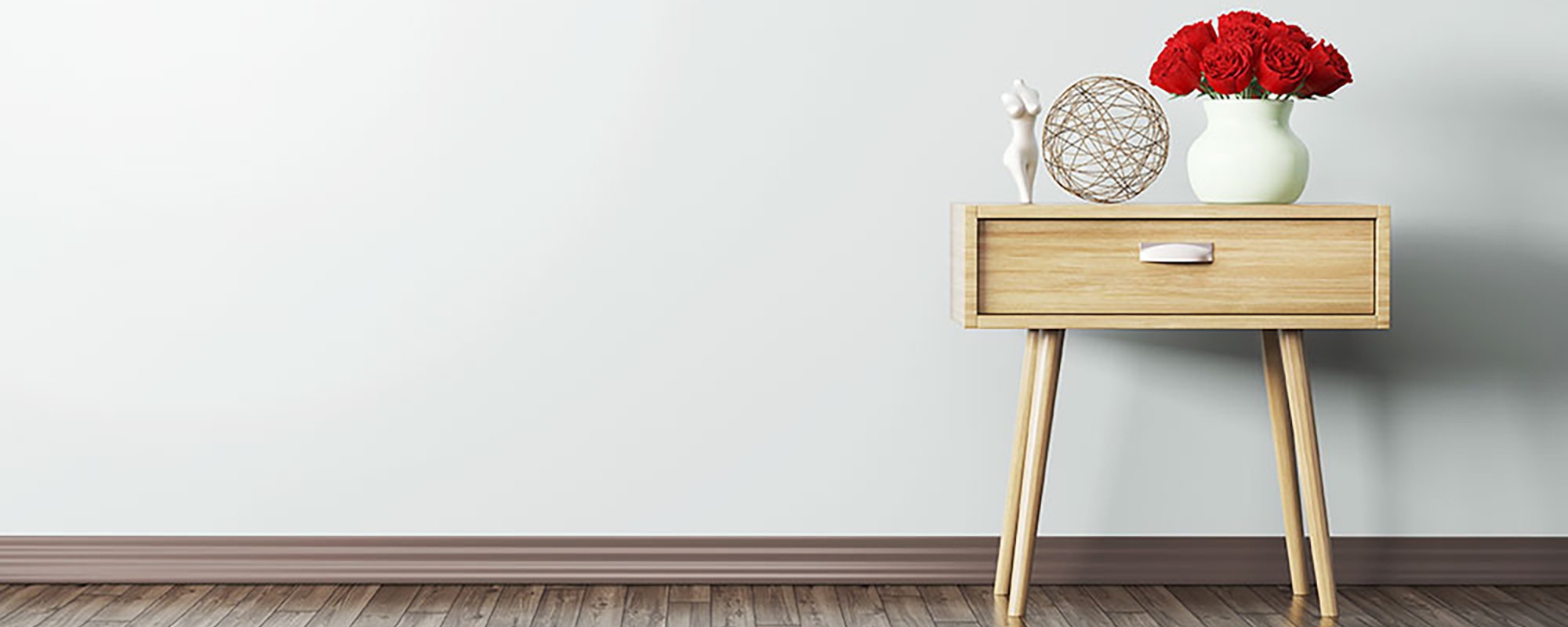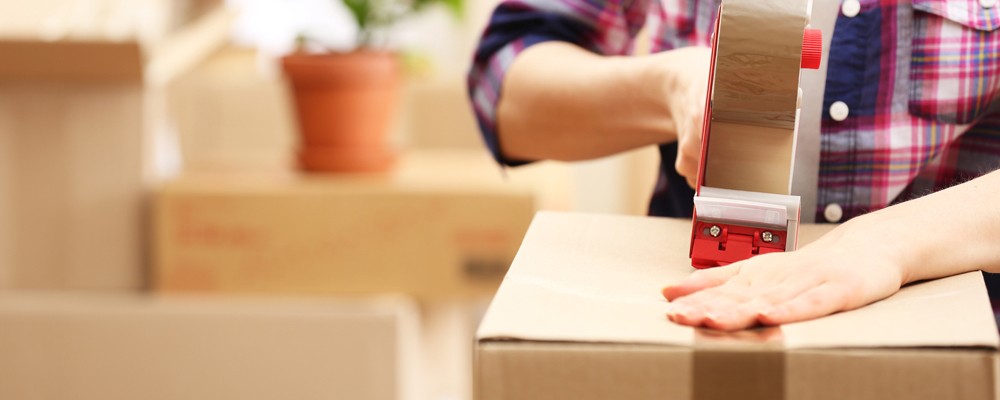
With a new year comes a revived motivation to better all aspects our daily lives. Every year, when that clock strikes midnight, signaling the passing of the last minutes of December 31st, we all make our vows for the year to come– loose weight, save more money, be more adventurous or whatever it may be. But, what are you doing about that pile of unaddressed junk that you’ve “been meaning to get to?” While you are making that New Year’s Resolution List, take some time to assess any/all clutter in your South Jersey home and see what you can do to organize and declutter your NJ property.
Why Is Decluttering Important?
Problems With a Cluttered Home in Southern New Jersey:
- Restricted Air Circulation: It is important to allow sufficient airflow and circulation throughout your home to maintain your indoor air quality, aid moisture control and prevent mold development. Clutter tends to obstruct airflow and increase the risk of moisture buildup from humidity and condensation. An overly stuffed home also encourages the buildup of indoor pollutants. By decluttering your home, you will increase air circulation, prevent humidity buildup and prevent indoor pollutants.
- Cleaning Complications– More stuff means more surfaces to clean. Clutter also means more obstacles to maneuver around to access all the nooks and crannies that needs cleaning. Hard to reach areas (if possible to reach at all) tend to get neglected and overlooked. Whether we just do not feel like crawling into those areas, don’t feel like moving furniture around to reach those areas or we just simply don’t think about those areas among all that stuff. As dirt and debris builds up in those uncleaned areas of your South Jersey home, you could end up with additional problems done the road.
- Unknown Problems- Difficult to access areas also mean difficult to see areas. All that clutter can be covering up hidden property damage and underlying maintenance issues that should really been addressed as soon as possible. As you start decluttering your home you may discover signs of water damage or mold development that would have, otherwise, gone unnoticed.
- Unnecessary Stressful– Clutter means chaos. The anxiety of rummaging through all that stuff to find that one thing that you need or the constant lingering thought of “I really need to get rid of some stuff” (but never doing so), it is enough to cause some serious (and unnecessary) stress.
Home Decluttering Tips:
- Make a list:
- There is a great deal of satisfaction in crossing things off a list as you complete each task.
- Lists help to lay out a game plan and keeps your end goal in perspective.
- There is a sense of accountability if it is written down. Lists increase the likelihood of you actually completing the tasks.
- Know your limits:
- Establish realistic expectations and set achievable goals for yourself. There is nothing more defeating that feeling you will never reach your goal or if reality does not meet expectations– however your goals and expectations might not have been reasonable to begin with.
- An unattainable goal creates added stress and increases the likelihood of giving up before the task is completed.
- Break the decluttering project down into multiple, smaller parts if it seems more manageable that way. This way you you can set smaller, intermediate goals for yourself, which may help motivate you to keep moving forward.
- Don’t be a hero. If you are up against a pretty decent sized cleanup, do not be afraid to call in reinforcement. I’ve never known a good friend to turn down free beer and pizza in exchange for a little help with organizing some stuff.
- Sort your stuff:

- Establish a sorting system for your items.
- Perhaps set up boxes and label them: “keep,” “storage,” “donate,” etc.
- Sorting your items will help the break down a large cleanup into smaller, more manageable tasks.
- Be sure to transport full boxes to the designated locations IMMEDIATELY so they don’t just end up sitting around waiting for your next New Years Resolution.
- Rule of Thumb:
- Develop general guidelines of what to get rid of.
- For example: A good rule of thumb for clothing– If you haven’t worn it within the last year, chances are you won’t ever wear it. Get rid of it! Or old, unused electronics– most likely they don’t work or are too dated to be practical anymore. Get rid of it!
- Be honest! Don’t try to justify keeping items that you know you don’t need. If you have to think about why you “need” to keep it, you should probably get rid of it.
- Practicality:
- Some organizational tools and methods work great for some people, while it may be a complete disaster for others. Make sure you organize your stuff so that it is most suited to your needs and most functional for your daily routine.
- A practical system will help you maintain the organization year-round and avoid the need for a major cleaning project once a year. Just because some DIY blog says it is the best way to organize your home, does not mean it’s the right way for you. If an organizational system does not make sense to you, you are going to have a difficult time keeping up with it.
- Also, be practical about what you bring into your home every day. Just because it is on sale, does not mean you NEED it.
- Regular Maintenance:
- Make a it habit to routinely assess your stuff for decluttering opportunities.
- Regularly assess your South Jersey home and get rid of anything you think you don’t need.
- Don’t put it off and convince yourself that you will get rid of it eventually… you won’t.
- Don’t forget the attic, basement and crawl space:
- It is easy to forget to organize these spaces (especially if they are unoccupied spaces in your home), but remember that these spaces are the most vulnerable to moisture buildup and mold development.
- IMPORTANT: when organizing your main living spaces, DO NOT simply toss all your unwanted items into your attic, basement or crawl space and consider that “storage.”
- Attics, basements and crawl spaces where not meant to be storage spaces (as convenient as that may be). These spaces need sufficient ventilation, continuous air circulation and consistent moisture control. Storing an excessive amount of stuff in your attic, basement or crawl space can negate all moisture and mold preventatives.
- If you need to use these spaces for storage, be cautious about organization, placement and quantity to maintain effective air circulation.



